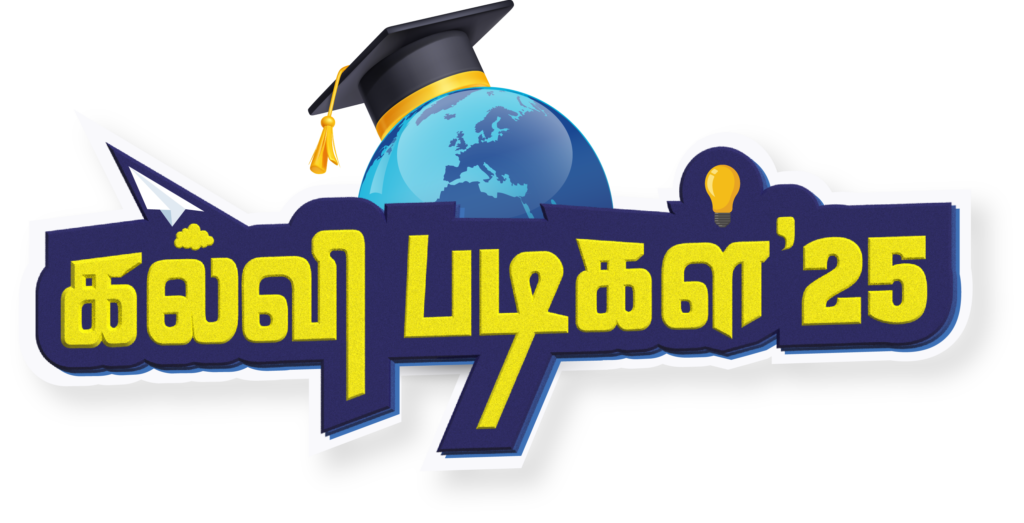Your Fast Track to a Promising Career in Healthcare
1. Introduction
Healthcare is one of the fastest-growing industries in India and it’s not just about doctors and nurses. Paramedical professionals play an equally vital role in saving lives and providing quality care. These are the unsung heroes who work behind the scenes in labs, ambulances, operation theatres, and diagnostic centers.
With a growing demand for skilled healthcare workers, paramedical courses have become a smart and future-proof career option. They offer job-ready training in less time compared to traditional medical degrees and at a lower cost. In this blog, let’s explore the scope of paramedical courses in India, the career options available, and why it might just be the right path for you.
2. What Are Paramedical Courses?
Paramedical courses are skill-based medical education programs that train students in various healthcare services and diagnostic techniques. These professionals work in direct or indirect patient care, often assisting doctors or working independently in specific roles.
There are various levels of paramedical courses:
- Certificate Courses – Duration: 6 months to 1 year
- Diploma Courses – Duration: 1 to 2 years
- Bachelor’s Degree Programs – Duration: 3 to 4 years
- Postgraduate Courses – Duration: 1 to 2 years (for specialization)
These programs focus on practical training and are ideal for students who want to enter the healthcare industry quickly.
3. Top Paramedical Courses in India
Here’s a look at some of the most popular and in-demand paramedical courses:
🧪 B.Sc in Medical Laboratory Technology (MLT)
- Role: Lab technician analyzing samples
- Duration: 3 years
- Eligibility: 10+2 with Science
🖥️ Diploma in Radiography
- Role: Handling X-rays, CT scans, MRI equipment
- Duration: 2 years
- Eligibility: 10+2 with Science
🧍♂️ Bachelor of Physiotherapy (BPT)
- Role: Physical therapy for injury, rehab, disability care
- Duration: 4.5 years (including internship)
- Eligibility: 10+2 with Biology
🧤 Diploma in Operation Theatre (OT) Technology
- Role: Assisting surgeons during operations
- Duration: 1.5 to 2 years
- Eligibility: 10+2 with Science
🚑 Emergency Medical Technician (EMT)
- Role: First responders in ambulances/emergency units
- Duration: 6 months to 1 year
- Eligibility: 10+2 (Science preferred)
These courses provide real-world training with direct applications in hospitals, clinics, diagnostic centers, and more.
4. Career Opportunities & Scope
The career options after a paramedical course are diverse and rewarding. Here’s where you can work:
- Hospitals & Clinics – Government and private
- Diagnostic Labs & Blood Banks
- Rehabilitation Centers & Physiotherapy Clinics
- Ambulance Services – Especially for EMTs
- Home Healthcare Providers
- Medical NGOs & Rural Health Initiatives
- Healthcare Startups & Telemedicine Platforms
With the rise in healthcare awareness and investment, paramedical professionals are in high demand, especially in Tier 2 and Tier 3 cities. There’s also international scope, especially in the Middle East, UK, Canada, and Australia—where Indian-trained paramedics are highly valued.
5. Salary Expectations & Growth
The salary of a paramedical professional can vary based on specialization, experience, and location.
Approximate Salary Range:
- Fresher – ₹15,000 to ₹30,000/month
- Mid-Level – ₹30,000 to ₹50,000/month
- Experienced/Specialized – ₹50,000+/month
As you gain experience or pursue further studies (like B.Sc or M.Sc in your field), your career growth and income potential increase significantly. You can also take certification courses to enhance your skills and boost employability.
6. Why Paramedical Is a Smart Career Choice
Still wondering if paramedical is the right choice? Here’s why it’s gaining popularity:
- ✅ Shorter Duration: Enter the workforce faster
- ✅ High Employability: Immediate job openings across India
- ✅ Affordable Education: Lower fees than MBBS or BDS
- ✅ Less Competitive: Easier admission than NEET-based courses
- ✅ Future-Proof: Consistent demand in both urban and rural areas
- ✅ International Opportunities: Global healthcare needs skilled technicians
Whether you’re a student looking for a quick career path or a parent wanting a stable future for your child, paramedical offers the best of both worlds.
The healthcare industry is growing—and paramedical professionals are at the heart of it. With a wide range of specializations, affordable education options, and strong career growth, paramedical courses offer a smart alternative to traditional medicine.
Whether you’re looking to become a lab technician, radiologist, physiotherapist, or emergency medical responder, the opportunities are endless.
